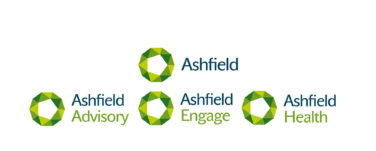23andMe’s new Genotyping Services for Research (GSR) platform provides scientists with an end-to-end service to incorporate genetic information into their studies as well as easily offer data back to participants at the end of the study.
“The 23andMe GSR platform simplifies the genotyping process and allows any researcher with an IRB-approved study to incorporate genetics into their research, regardless of their own genetics expertise,” Ruby Gadelrab, 23andMe’s Vice President of Commercial Marketing, said in a statement. “Typically, research studies don’t return any data to the participants. We’ve enabled researchers to give results back to participants in the form of the 23andMe experience, which we believe is a huge advantage in recruiting. This is the way research studies of the future will be conducted, as evidenced by the desire of those leading the Precision Medicine Initiative to return results to participants.”
Furthermore, the GSR platform also helps to simplify the recruiting process. Researchers can offer participants non-invasive sample collection through a simple saliva kit, which also gives researchers the ability to recruit nationally by shipping the 23andMe kit directly to participants’ homes.
Researchers will be able to use 23andMe’s GSR platform to track and manage their projects, and download data in real-time as samples are genotyped through the new 23andMe Researcher Dashboard. When paired with 23andMe’s mobile API for ResearchKit, researchers will have the ability to create apps to collect digital phenotypes on smartphones to study alongside genetic information.
Pilot programs for the GSR platform, which began prior to the full launch, include studies on smoking cessation, cognitive impairment in glioma patients, as well as addictions and psychiatric disorders. The list of current collaborators includes researchers at the University of California, San Diego, the University of Southern California, and Washington University in St. Louis, among others.
“Partnering with 23andMe permits us to both accelerate the pace of our work and reduce infrastructure costs,” James MacKillop, PhD, Director, Peter Boris Centre for Addictions Research, McMaster University/St. Joseph’s Healthcare Hamilton, said in a statement. “Furthermore, it allows us to give back to our study participants who are interested in their genetic ancestry and health risks. It’s a real ‘win-win’ for us.”
Another early pilot researcher, Daniel Pelletier, MD, Vice Chair of Research, Department of Neurology at the Keck School of Medicine at the University of Southern California, added: “The GSR platform will now allow us to collect genetic information directly from patients participating in medical research studies that use mobile technology. We’re hopeful this data can accelerate breakthrough discoveries for complex diseases such as multiple sclerosis.”




